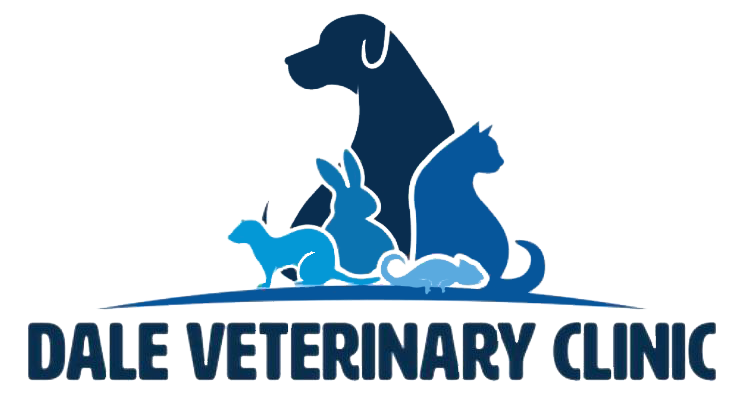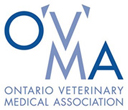Our Veterinary Services
From Routine Care to Surgery, We Have Your Pets Covered
Because of the shorter lifespan of our pets, Dale Veterinary Clinic stresses the importance of an annual physical examination.
Thorough check-ups and preventive care can help alleviate serious health problems. We offer a wide range of veterinary services to keep your companions feeling their best:
 |
Wellness Exams
Your pet’s wellness is of utmost importance for you to spend quality time together. Wellness examinations can uncover early signs of disease to deliver a better outcome. The clinic recommends annual wellness exams for both dogs and cats, and if an issue is found, the veterinary team will start treatment quickly, before it becomes life-threatening. The vet can design a preventative health program based on the pet’s individual risk assessment.
|
 |
Blood Screening
Lab tests can be used to detect early signs of a variety of pet ailments, including trouble with major organs such as the kidney, liver and pancreas. Thyroid problems may also be detected. Routine screening could result in early intervention and the right health care approach to extend the lifespan of your four-legged friend, as well as improving their quality of life. The veterinary team will run some tests, even if your pet appears healthy, to establish a baseline for comparison purposes in the future.
|
 |
Radiology and Diagnostic Screening
Our animal hospital is equipped with quality diagnostic X-ray and ultrasound equipment that can show the in-house imaging specialist evidence of diseases. X-rays can show abnormalities in vital organs such as the heart and liver, as well as the bones. Radiographs are usually employed when an animal has an illness, but it’s also an effective way to screen for problems in older pets. Other forms of diagnostics offered by Dale Veterinary Clinic include GI barium series and urinary bladder contrast studies, as well as electrocardiograms (ECG) to identify any issues with the heart or respiratory system.
|
 |
Spaying/Neutering
There are health benefits to spaying and neutering beyond population control – although about six million animals without a home are euthanized each year. Spaying female pets can eliminate the chance of them developing certain cancers, including uterine, ovarian and mammary. Neutering male pets can eliminate the chance of testicular disease, while also helping to reduce the risk of prostate disease. It can also reduce aggression and lower chances of roaming.
|
 |
Vaccinations
This safe and simple procedure can greatly reduce the chance of your pet developing certain health issues. Core vaccines will protect against potentially deadly diseases that are easily transmittable.
Non-core vaccines can provide protection for pets with specific lifestyle/exposure factors – for example, preventing kennel cough or Lyme disease.
There’s always a risk of minor side-effects from vaccinations, including temporary muscle aches, drowsiness or a low-grade fever.
It’s recommended that puppies be vaccinated at six to eight weeks, with additional vaccines provided every three to four weeks up to 16 weeks of age. Vaccinations are reviewed annually beyond that point.
Kittens can see the vet for their first round of vaccinations at around eight weeks old, with a review of lifestyle and risk factors to determine future vaccinations.
The clinic can tailor a vaccination schedule depending on your pet’s age, breed and environment.
|
 |
Pet Dentistry
Just like humans, pets need regular dental care to prevent dental diseases that can cause infection that spreads to the bloodstream. Bacteria circulating in your pet’s system as a result of poor oral health can cause serious issues with the kidneys, lungs, heart and other major organs.
But since your pets can’t tell you when their mouth hurts, it’s important to bring them in for an oral exam at least once or twice annually. There are some warning signs to look for, including discharge from the nose, bad breath, broken teeth, bleeding gums, swelling of the eyes, or routinely dropping food when eating.
Dental cleanings are performed under anesthesia to safely and effectively remove tartar buildup.
Oral rinses and dental chews can also be helpful in maintaining oral health, and you can brush your pet’s teeth daily with a special toothbrush.
|
 |
Microchipping
There are few things that scare pet owners more than losing their furry friend. While collars can help identify animals, they can fall off. However, by inserting a microchip just under the surface of your pet’s skin, your pet will become permanently traceable for your peace of mind.
The procedure won’t hurt your pet, and the chip is only the size of a large grain of rice. Pets that end up at shelters or animal hospitals will be scanned for a microchip to retrieve your contact information from a national pet registry.
|
Ask About Our Other Services
|












